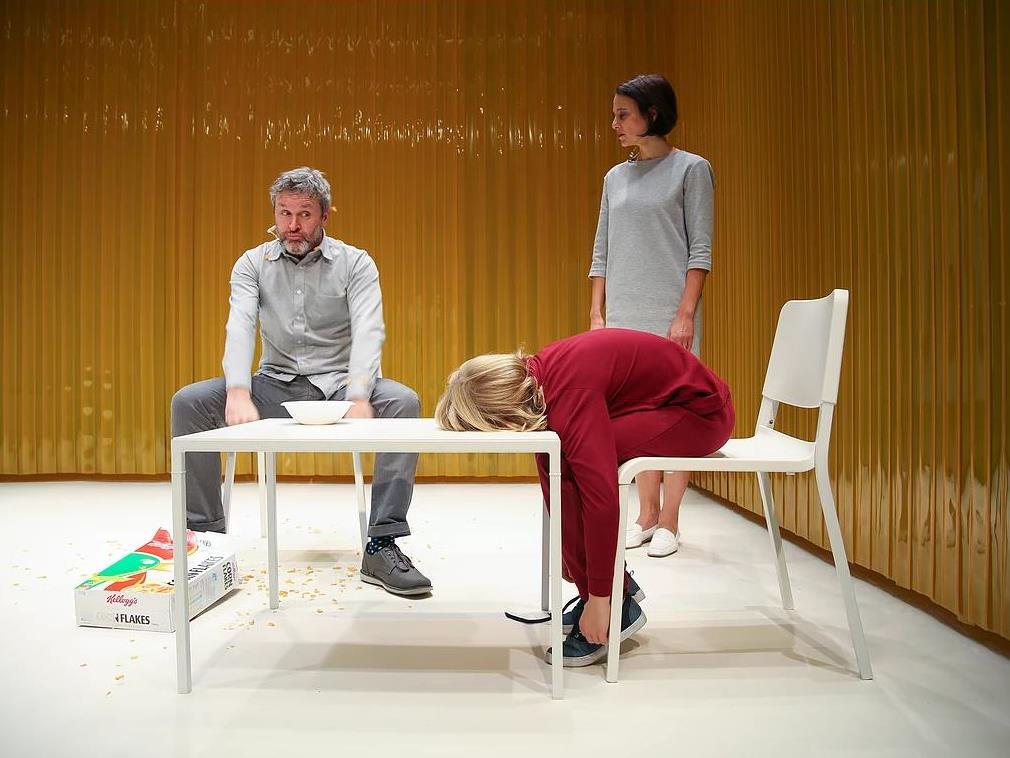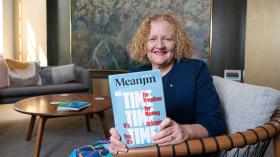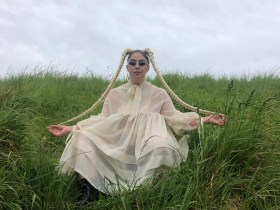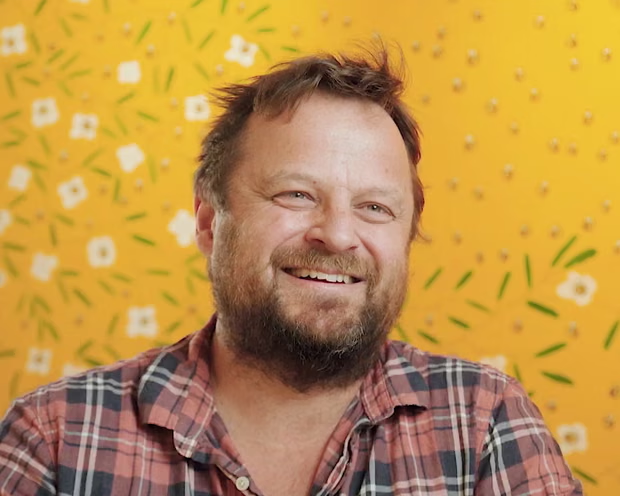Image: Looking Glass by Louris van der Geer, VCA Master in Writing for Performance graduate. Performed at fortyfive downstairs, August 2017. Photography: Pier Carthew. Directed by Susie Dee, set/costume by Kate Davis, lighting by Amelia Lever-Davidson.
The course coordinator Dr Raimondo Cortese said it is all about showing the examiners a ‘cross-section” of your writing experience.’
‘It can be either a sample of different works, or a long sample of the one work,’ he explained.
Because the course is open to all forms of performance writing, Cortese encourages prospective students to send in writing that best reflects their interests.
‘I am personally open to all kinds of writing and am aware that people can often be eclectic in the way they express themselves,’ he said.
This openness to form is also embedded in the delivery of the Masters. Cortese said the professional writers who teach the course encourage students to ‘explore their own individual styles and forms of writing while developing and refining their dramaturgical and editing skills.’
Applicants should also include a brief context for the excerpt they choose. Short-listed applicants are then invited to attend an interview as the final component of their application.
Cortese said students are sometimes fresh out of university theatre studies or creative writing degrees and the course appeals to industry professionals and emerging writers, or actors or directors who want to develop their writing skills. ‘We get a mix of advanced and early-stage writers,’ he added.
Alumni who have completed the course include Ross Mueller, Van Badham, Maude Davey, Morgan Rose, Emilie Collyer, Marie Lourey, and many others.
One reason the course has proved popular over the years is this practical studio setting. ‘Teachers have a very relaxed but focused approach, which is designed around the personal vision of each writer who comes into the course,’ said Cortese.
‘We teach the multiple ways of structuring theatre/ performance writing, looking at dramatic action, linear and multiple narrative trajectories, post dramatic forms, improvisation techniques, while also being aware that each student will offer a unique writing style that needs to be nurtured.’
‘Most writers tend to overwrite, and so need to develop tools to edit their own material in relation to what an actor will reveal when speaking their lines of dialogue. The other major issue is learning to structure the writing in a way that best reflects what a writer is trying to say.’
Applications for the VCA Master of Performance close on 19 November, 2017.






